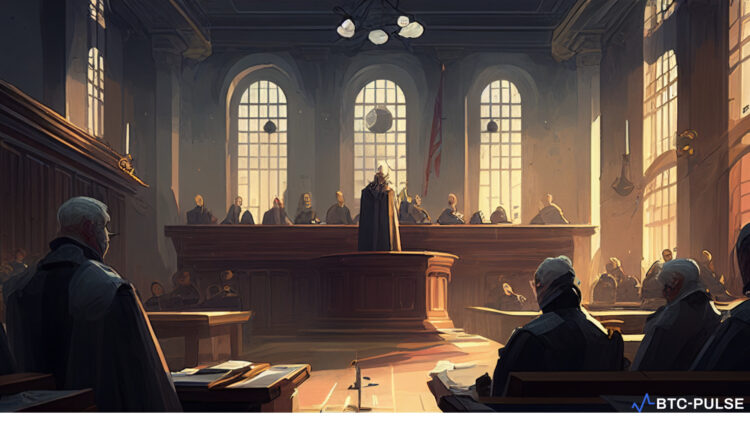Consolidating to Avoid Conflicting Decisions
In a letter to United States District Judge Stefan Underhill, Digital Currency Group (DCG) CEO Barry Silbert made a case for the consolidation of two class-action lawsuits. The venture capital firm and its CEO are facing allegations of losses during the crypto winter. The suits, according to the defendants, share the same facts, pose overlapping legal issues, and suggest near-identical class definitions.
The Letter to the Judge
The defendants informed Judge Underhill that they are working towards transferring the case from New York to Connecticut with U.S. District Judge Lewis Liman. Their argument lies in the necessity of consolidation to prevent inconsistent decisions and further judicial efficiency. According to the letter, the defendants plan to quickly move to consolidate both cases if the motion to transfer is granted.
Plaintiffs Contest the Move
The plaintiffs in Connecticut, however, are contesting this move. Their argument is that it’s premature to decide on consolidation before the New York case gets approved for transfer. The uncertainty of the nature and scope of the claims is expected to incite opposition from the plaintiffs in New York.
The Allegations
The lawsuit from Connecticut alleges that Silbert made deceptive transactions to hide signs of a $1.1 billion collapse after Three Arrows Capital started liquidation proceedings. Accusations of securities fraud through false or misleading statements are also thrown at the defendants.
DCG’s TradeBlock Closing Down Amidst Ongoing Suits
As these legal proceedings continue, DCG has made a strategic decision to close its prime brokerage subsidiary, TradeBlock. This decision comes amidst uncertain regulatory conditions for crypto in the United States and the state of the broader economy. The process of closing down officially began on May 31.
Conclusion
The move to consolidate two class-action suits against the Digital Currency Group and its CEO Barry Silbert is significant, potentially impacting the trajectory of these lawsuits and the precedent they set in the world of cryptocurrency. While DCG and Silbert argue for efficiency and avoiding conflicting decisions, plaintiffs contest it’s too early to make such a call.
In the meantime, the shuttering of TradeBlock, DCG’s prime brokerage subsidiary, signals the far-reaching effects of these suits and the broader uncertainties within the crypto space. As these matters unfold, stakeholders and the wider crypto industry will be watching closely, underscoring the ongoing legal and regulatory challenges faced by this rapidly evolving sector.










